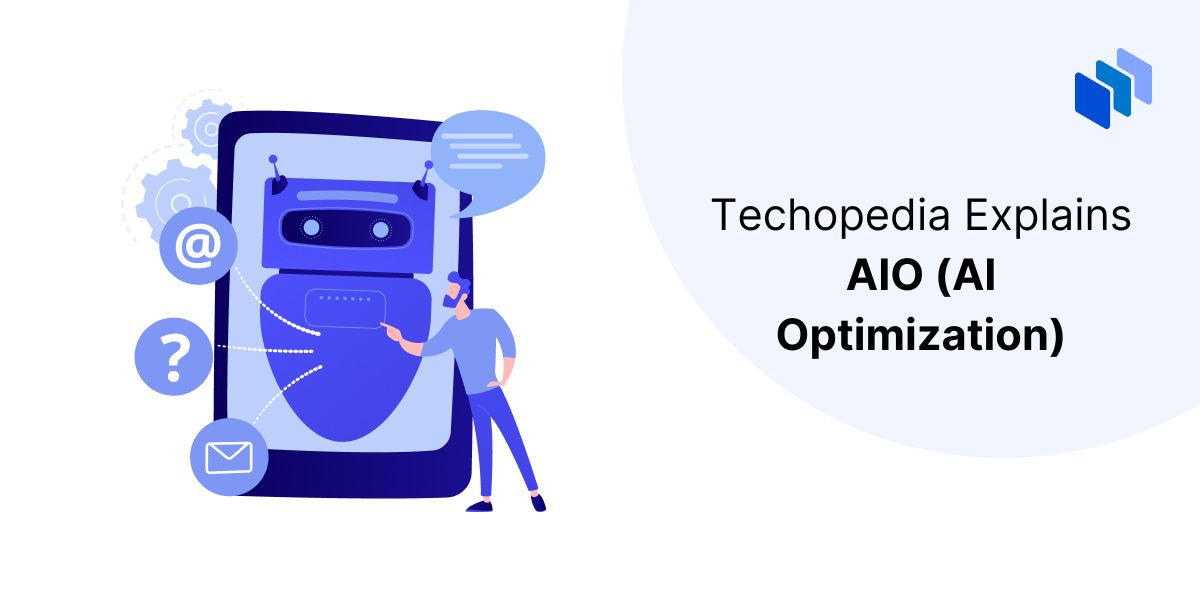
Revolutionizing AI Optimization: The Power of TEXTGRAD
The field of artificial intelligence is undergoing a significant transformation, driven by the integration of multiple large language models (LLMs) and complex components. This shift has highlighted the need for effective optimization methods for these compound AI systems, where automatic differentiation plays a crucial role. Automatic differentiation has revolutionized the training of neural networks, and now researchers are seeking to apply similar principles to optimize more complex AI systems via textual feedback from LLMs.
The Challenge of Optimizing Compound AI Systems
One significant challenge in AI is optimizing compound systems that involve multiple components, such as LLMs, simulators, and web search tools. Traditional methods rely heavily on experts’ manual adjustments, which are time-consuming and prone to human error. Therefore, there is a pressing need for principled and automated optimization methods that can handle the complexity and variability of these systems.
The Emergence of TEXTGRAD
Researchers from Stanford University and the Chan Zuckerberg Biohub have introduced TEXTGRAD, a framework that performs automatic differentiation via text, using feedback from LLMs to optimize AI systems. TEXTGRAD converts each AI system into a computation graph, where variables are inputs and outputs of complex functions. It leverages the rich, interpretable natural language feedback provided by LLMs to generate “textual gradients,” which describe how variables should be adjusted to improve system performance. This innovative approach makes TEXTGRAD flexible and easy to use, as users only need to provide the objective function without tuning components or prompts.
 TEXTGRAD: Revolutionizing AI Optimization
TEXTGRAD: Revolutionizing AI Optimization
The Power of TEXTGRAD in Action
TEXTGRAD has demonstrated impressive results in various domains. In coding optimization, it improved the performance of AI models on difficult coding problems from the LeetCode platform, leading to a 20% relative performance gain. In question-answering tasks, TEXTGRAD enhanced the zero-shot accuracy of GPT-4 in the Google-Proof Question Answering benchmark from 51% to 55%. The framework also designed new drug-like molecules with desirable properties, significantly improving binding affinity and drug-likeness metrics.
“TEXTGRAD’s results speak for themselves. In coding optimization, it improved the success rate of GPT-4 from 7% to 23% in a zero-shot setting and from 15% to 31% when using Reflexion.” - Researcher, Stanford University
The Future of AI Optimization
TEXTGRAD represents a significant advancement in AI optimization, leveraging the capabilities of LLMs to provide detailed, natural language feedback. This approach enables efficient and effective optimization of complex AI systems, paving the way for developing next-generation AI technologies. As researchers continue to explore the potential of TEXTGRAD, we can expect to see significant breakthroughs in various domains, from coding and question-answering to chemistry and medicine.
 The Future of AI Optimization
The Future of AI Optimization
In conclusion, TEXTGRAD is a powerful tool that has the potential to revolutionize the field of AI optimization. By automating the optimization process, TEXTGRAD reduces the reliance on manual adjustments, accelerating the progress of AI research and applications. As we move forward, it will be exciting to see the impact of TEXTGRAD on the development of AI technologies and their applications in various industries.















